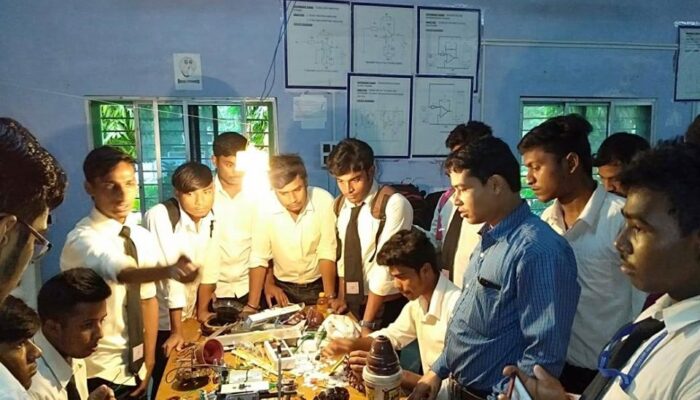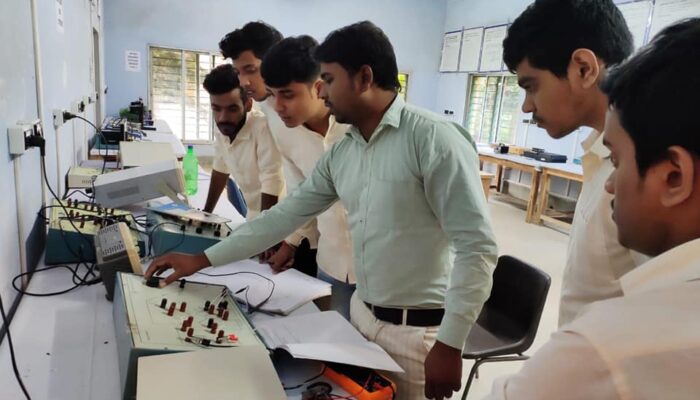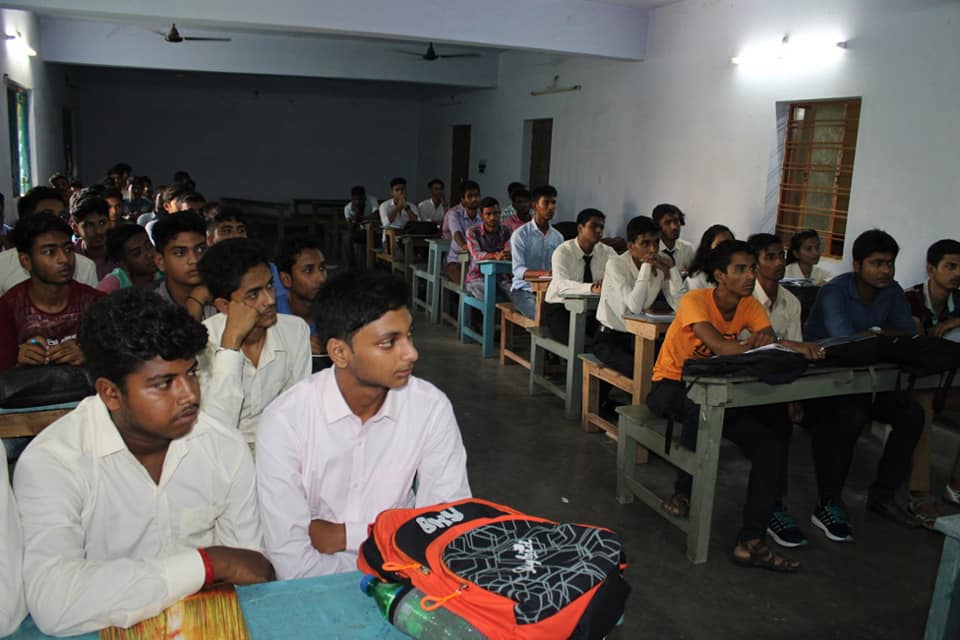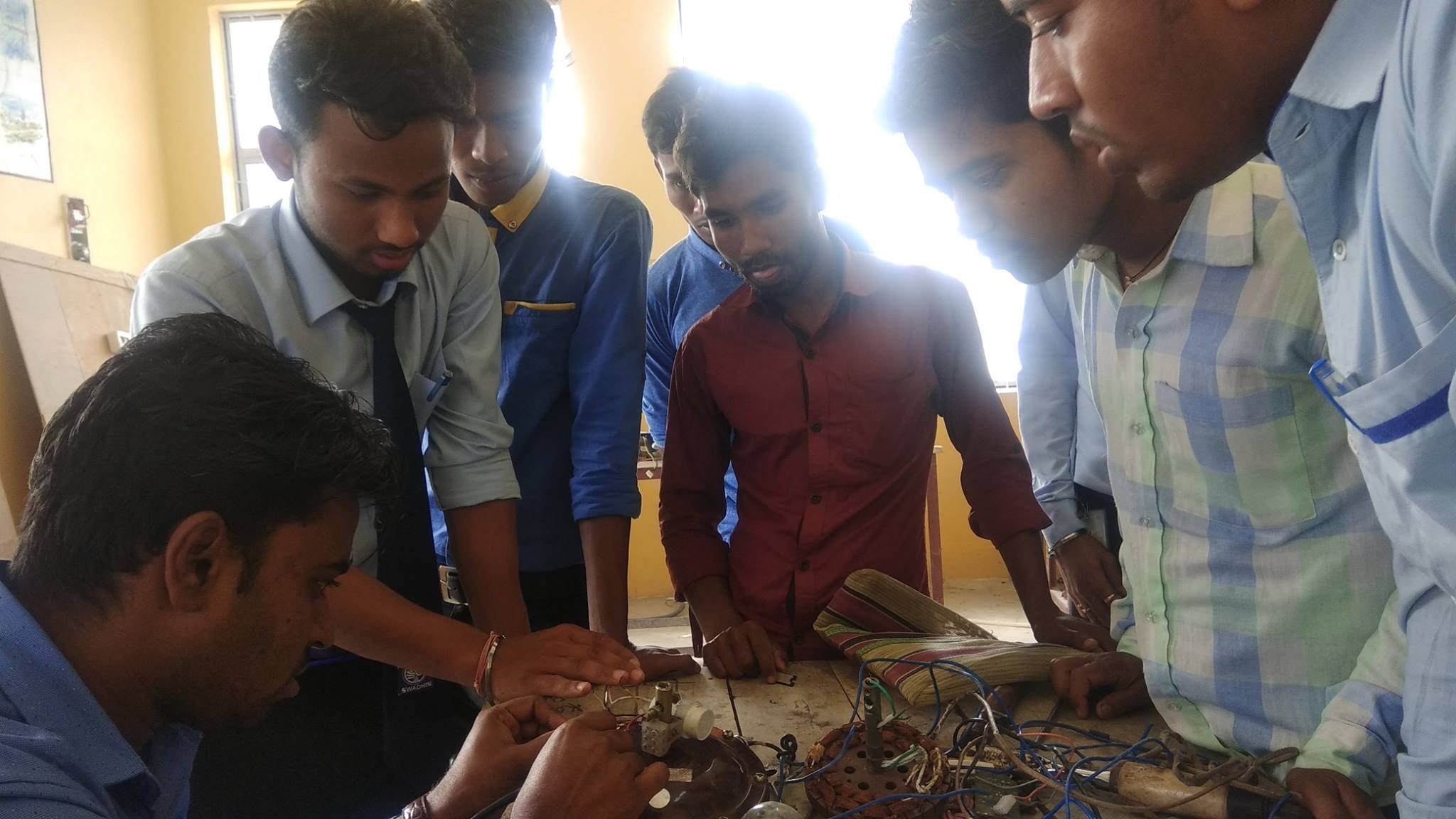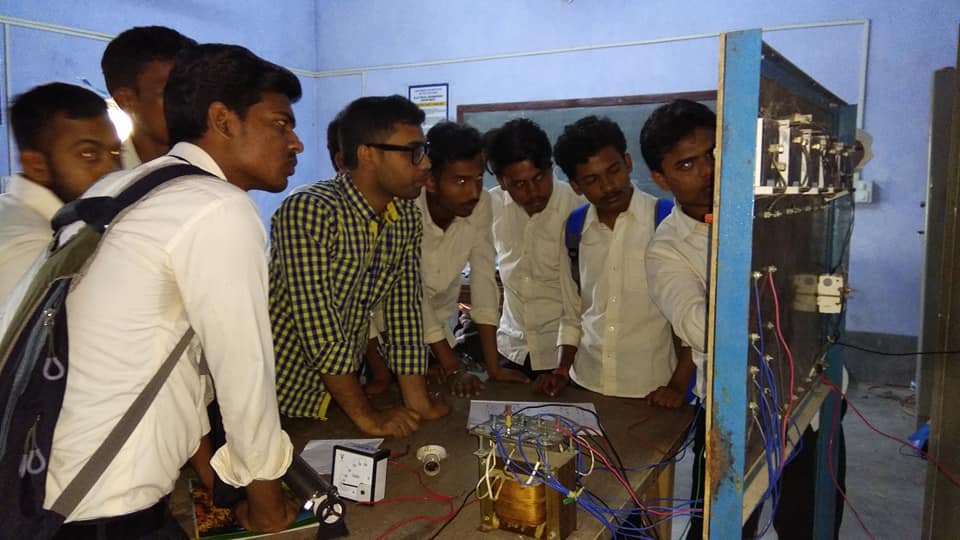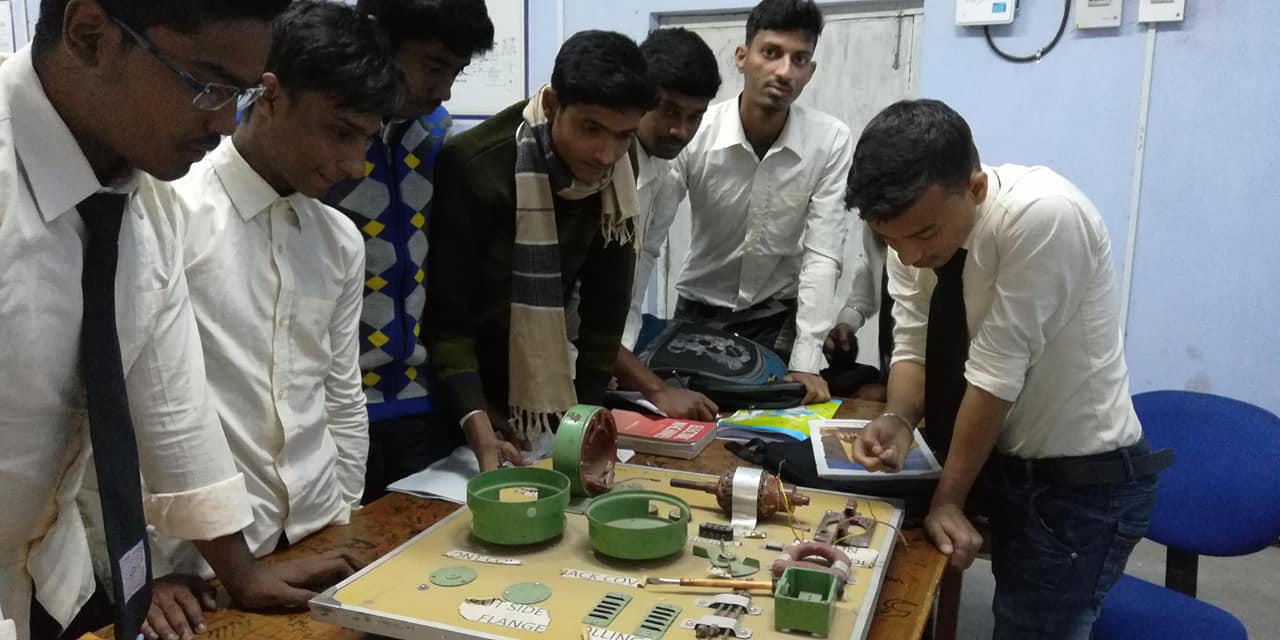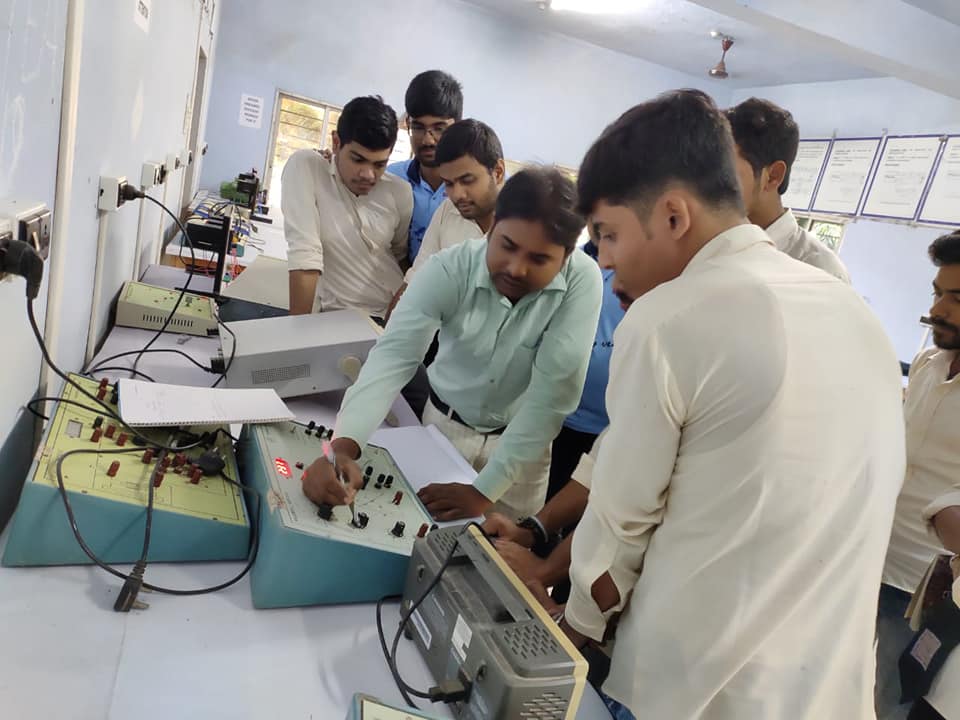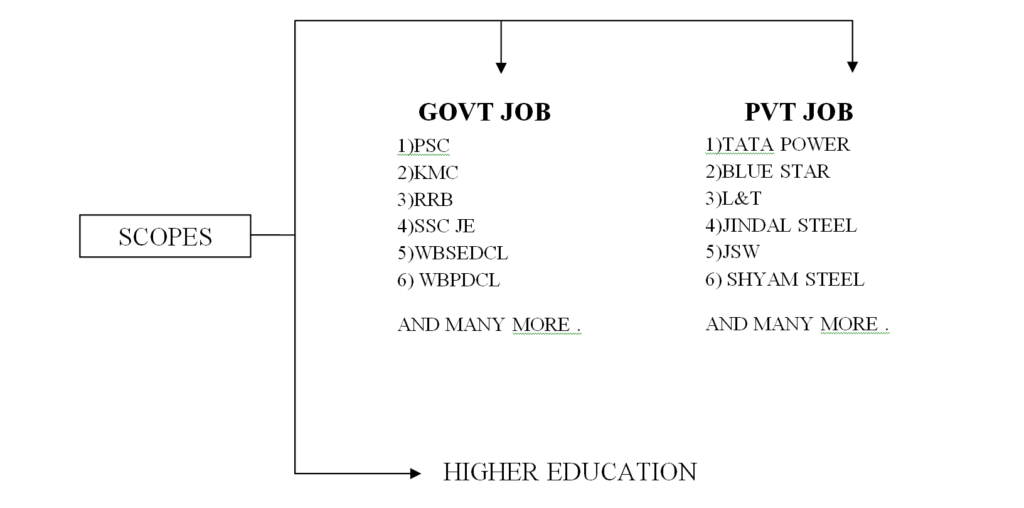Santiniketan Institute of Polytechnic
Menu




Slide Background
Build & Design
Build & Design
Build & Design
DEPARTMENT OF ELECTRICAL ENGINEERING.
Write us at: sipnortonee@gmail.com Call us at: +91-9593448222
Vision:
To be a knowledge center for Electrical Engineering fraternity committed to excellence in Research & Development and teaching as per with the best academic institutions in the State .
Mission of the Department:
The Mission of the department is as follows:
- Keeping abreast with progressing technologies and innovations necessary for conducive academic environment and professional excellence.
- To impart quality Electrical Engineering education to foster enterprising spirit, skill development, broad vision and life long learning attitudes amongst students.
- To create state-of-the-art facilities for R&D work
- To create synergetic Industry-Institute interface.
- Establishment of Incubation Center for Entrepreneurship development.
Objectives of Programme Education:
Engineering Knowledge: An ability to apply the knowledge of mathematics, science engineering fundamentals, and an engineering principles to the solution of complex engineering problems of Electrical Engineering.·
Problem Analysis: An ability to identify, formulate, review research literature and analyze complex problems in Electrical Engineering with a view to reach substantiated conclusions using first principle of mathematics, natural sciences and engineering sciences.·
Design/Development of Solutions: An ability to design system components or processes that meet the specified needs with appropriate consideration for the public health and safety and cultural, societal and environmental considerations.·
Modern Tool Usages: An ability to create, select and apply appropriate techniques, resources and modern engineering and IT tools including prediction and modeling to complex engineering activities with an understanding of the limitations.·
Ethics: An ability to apply ethical principles and commit to professional ethics and responsibilities and norms of the engineering practice.·
Individual and Team Work: An ability to function effectively as an individual, and as member or leader in diverse teams and in multidisciplinary settings.·
Communications: An ability to communicate effectively on complex engineering activities with the engineering community and with society at large, such as being able to comprehend and write effective reports and design documentation, make effective presentation give and receive clear instructions.
Courses Outcomes:
- To produce Electrical Engineers who have the necessary knowledge, skill and aptitude so as to get recruited in various Industries in the power sector, transportation sector, Industrial automation sector, Communication and Information Technology sector and other sectors of the economy at national and international level.
- To prepare the students for higher education in the field of Engineering and Management.
- To inculcate the habit of lifelong learning so as to adapt to changing needs of the profession
- To enable the graduates for taking up entrepreneurship, and sensitize them to the needs of the community in general and under privileged groups in particular
Future Scope
Diploma in Electrical Engineering has diverse career options and scope for the future. You can opt for this program after completing class 10, and the duration of this program is generally three years. This is a skill-oriented program with additional focus on providing students with hands-on training in the field. The course curriculum of this program prepares students to enter the job market upon graduation.
Here are the career options and future scope open to you after completing a Diploma in Electrical Engineering:
Practical Area
Lab & their Description with photo
- Introduction to Electric Generation System Lab
- Electrical Circuits Laboratory
- Electrical and Electronics Measurement Lab
- DC Machines and Transformers Lab
- Analog and Digital Electronics Lab
- Power Electronics Converters and Application Lab
- Electric Power Transmission and Distribution Lab
- Induction, Synchronous and Special Electrical Machines Lab
- Renewable Energy Power Plants Lab
- Switchgear and Protection Lab
- Microcontroller and its Application Lab
- Building Electrification Lab
- Industrial Drives Lab
- Illumination Practices lab
- Electric Traction .
